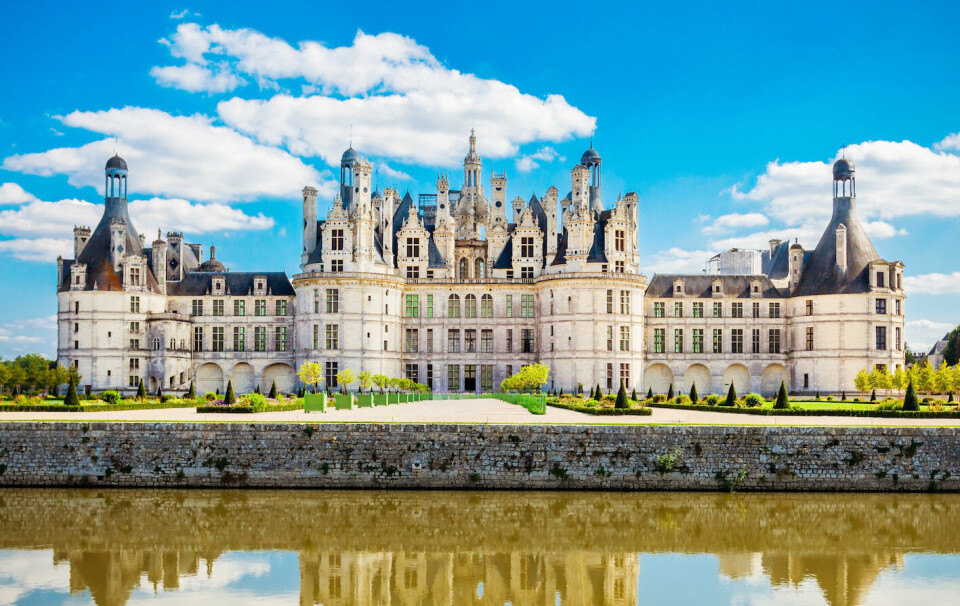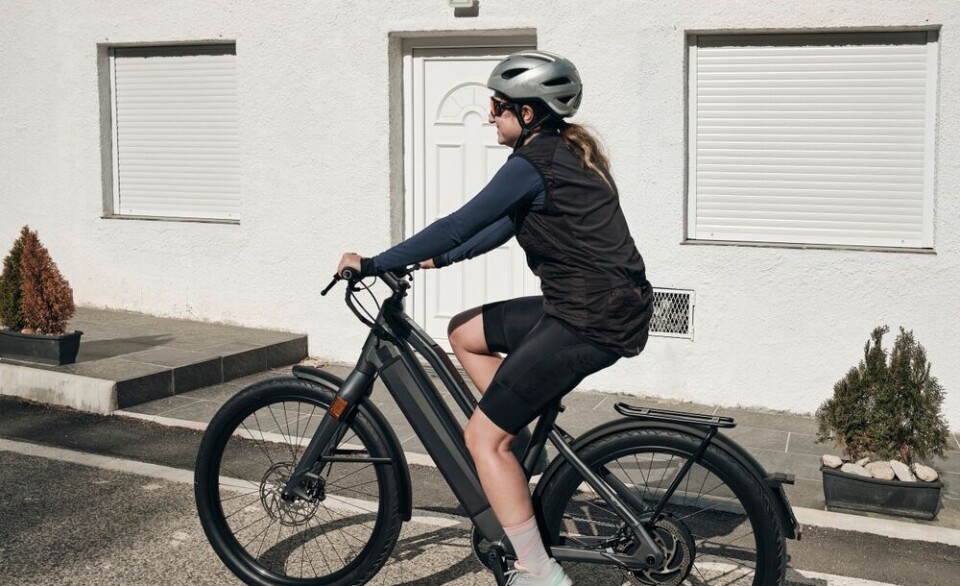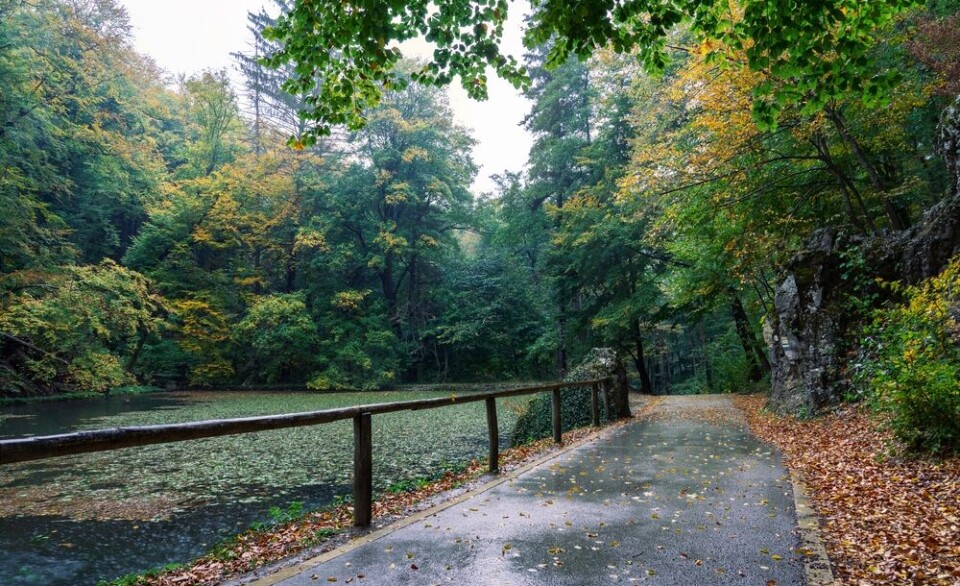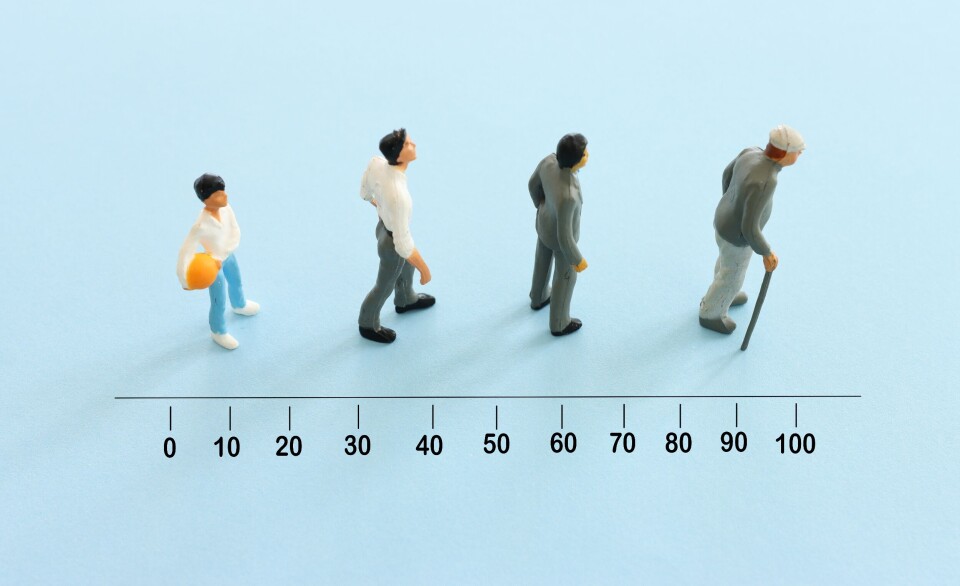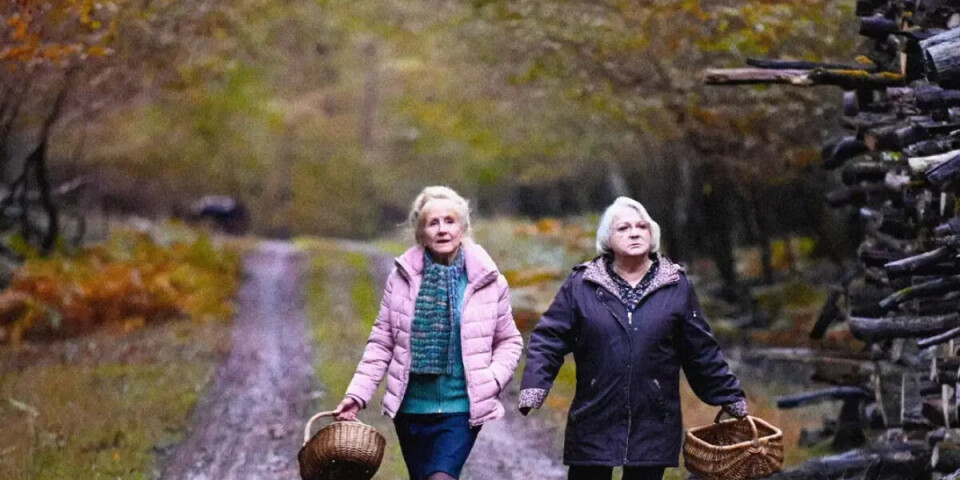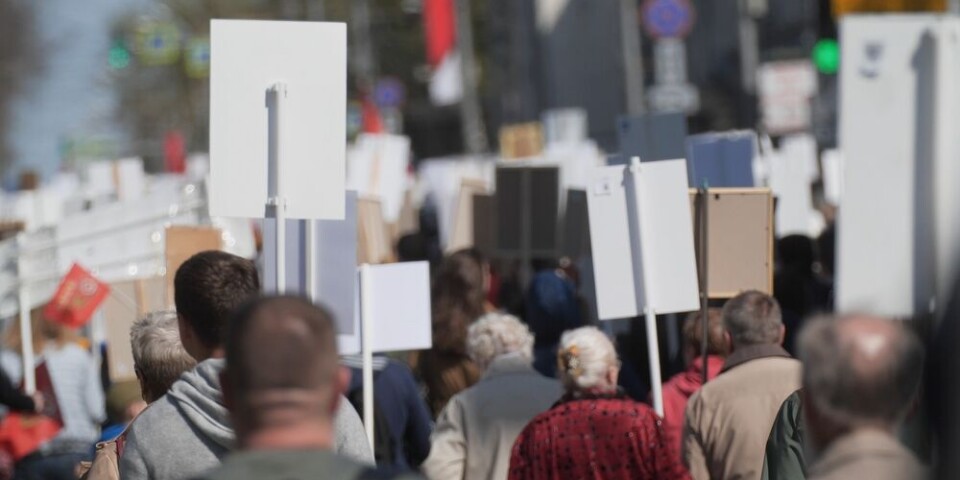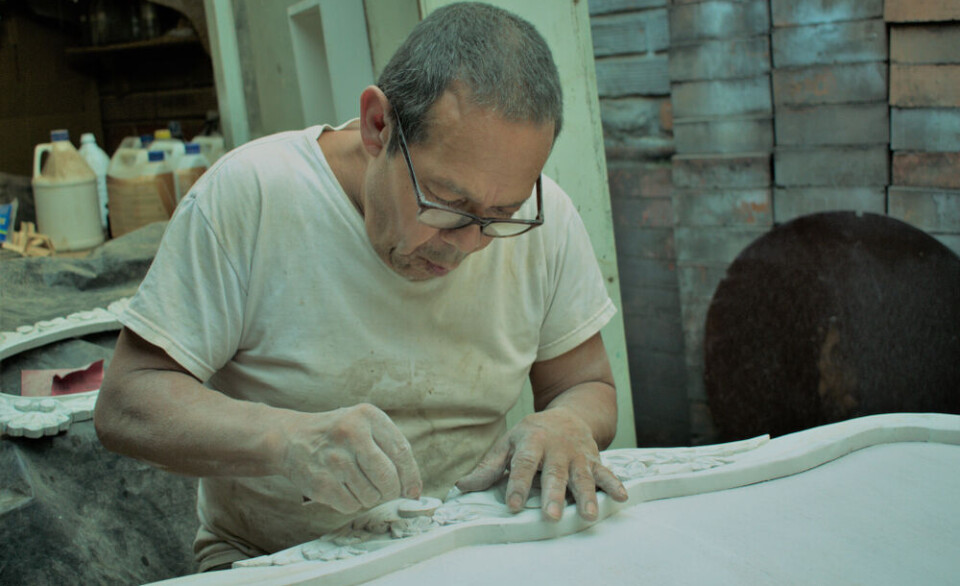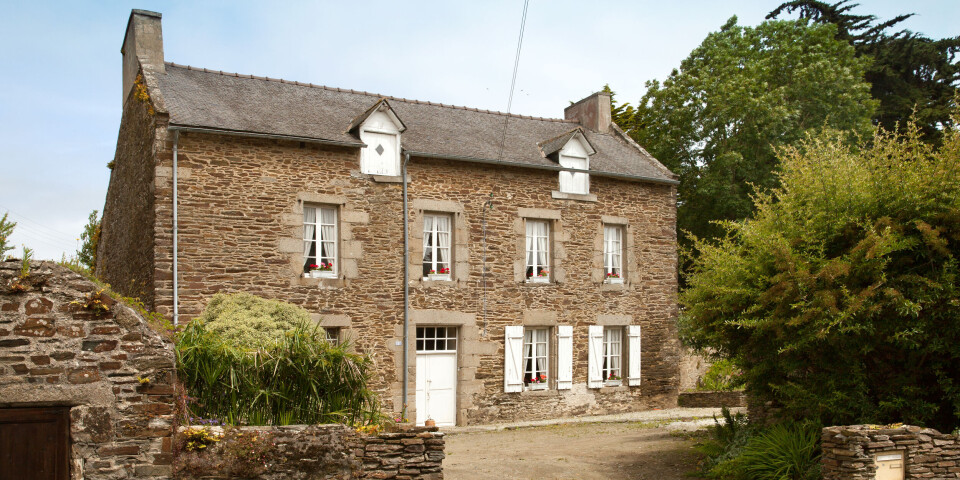-
Photos: Americans take to streets in France to protest against President Trump
Hundreds participated in the No Kings 2 protest on October 18
-
Image: how burglars got into Louvre to steal historic jewels
Investigators search for gang that stole a collection of priceless 19th-Century jewels
-
Ryanair summer services between UK and Béziers return
Flights to London, Bristol, Manchester and others can be booked
Unemployed in France must promise to do weekly activity in new trial
A minimum of 15 hours a week is expected but has been criticised for ‘further stigmatising the poorest in society’

Income support for jobseekers will soon be dependent on undertaking 15 to 20 hours of weekly activity in a new experiment taking place in many areas across the country.
The idea was a re-election pledge of President Emmanuel Macron.
Read more: Labour shortage: France plans to tighten unemployment benefit rules
For unemployed or under-employed people
The Revenu de solidarité active (RSA) is a state aid aimed at unemployed and under-employed people to encourage them to find work or increased income.
The basic RSA rate is €598.54 a month for a person who lives alone, leading to criticism that the new conditions mean people could be working for considerably below the minimum wage.
Unlike the ARE (Allocation d’aide au retour à l’emploi) unemployment benefit, there is no limit on the length of time for which a person can claim RSA.
Seventeen departments, as well as the Lyon metropolitan area, will test the new conditions in the coming months.
Read more: France implements more controls to check for unemployment fraud
Sign up to Pôle emploi and do 15 to 20 hours of activity
Beneficiaries must sign a contract promising to partake in 15 to 20 hours of activity.
This could include following a training programme, getting help to create a business, or working for a business or local authority.
The idea is to emulate the Contrat d’Engagement Jeune, a €520 monthly benefit for people aged 16 to 25, who undertake 15 to 20 hours of activity each week which helps them to find work.
RSA recipients will also automatically be signed up to Pôle emploi to help them find a job, which is currently only the case for 40% of people.
It has not been revealed what the sanctions will be for non-compliance.
Read more: Automatic payment trialled for French housing and income top-up aids
Criticism of ‘fear and coercion’
RSA in its current form is increasingly seen as unfit for the purpose of getting people back into employment.
Seven years after receiving RSA for the first time, only 34% are in work, of whom only a third are in stable employment, according to a report from administrative court the Cour des Comptes.
Almost a quarter (24%) left RSA without a job, while 42% continue to receive income support.
The experiment, which will last for one year, has been criticised by NGO ATD Quart Monde, which said it risks “further stigmatising the poorest in society”.
“We strongly believe in support when it is based on trust, recognising talent and people’s resources, and not on fear and coercion,” it said.
Trial areas
The trial will take place in Aisne, Aveyron, Bouches-du-Rhône, Côte-d’Or, Creuse, Eure, Ille-et-Vilaine, Loire-Atlantique, Loiret, Mayenne, Lyon, Nord, Pyrénées-Atlantiques, Réunion, Somme, Vosges, Yonne, and Yvelines.
Seine-Saint-Denis also featured on the list of areas unveiled by the labour minister Olivier Dussopt but the department later announced it would not be taking part as the conditions for its participation had not been met by the government.
Related articles
Social charges, sick leave, SMIC: Change for workers in France in 2023
Will I lose my unemployment rights if I resign from my job in France?








